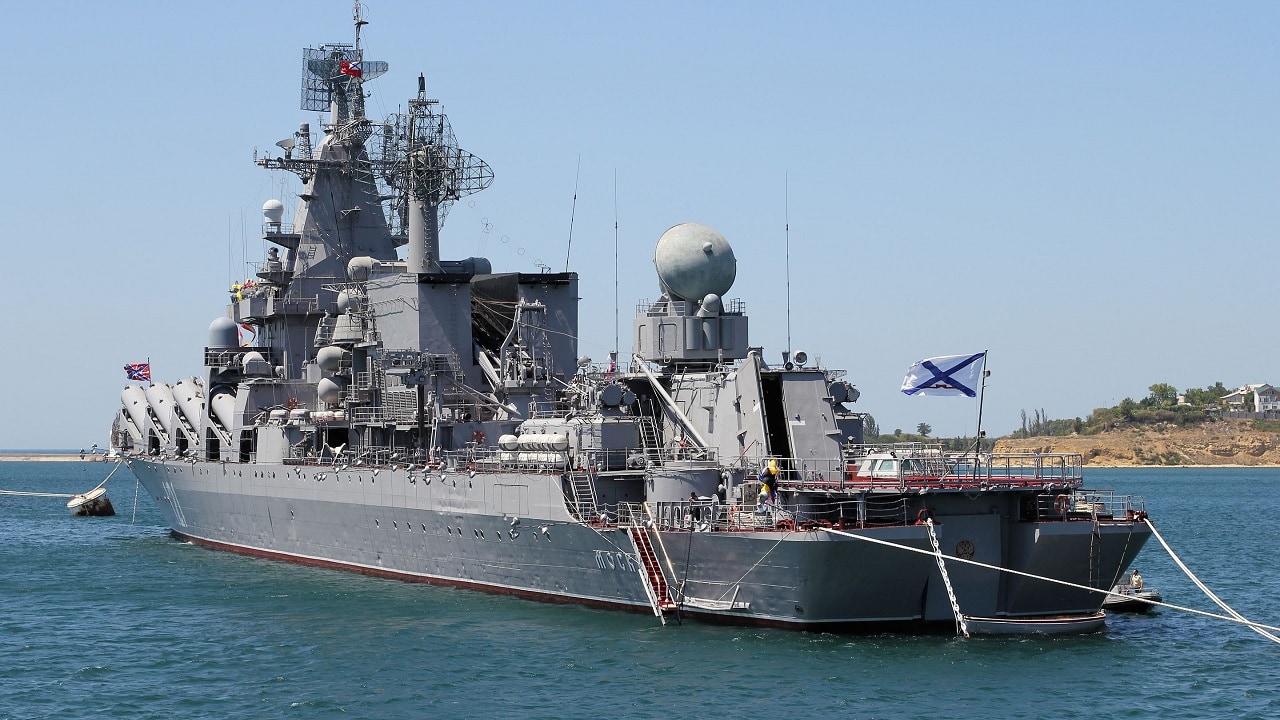As Russia’s 2022 invasion of Ukraine continues to deal significant damage to the country’s economy and infrastructure, growing world attention has coalesced around the disruptive effects of Ukrainian wheat and other grains being blockaded from leaving the country. Negotiations in Turkey to resolve the issue have sporadically proceeded but appear to be within striking distance of a final deal being reached.
Russia’s Blockade of the Ukrainian Coast
An important element of Russia’s 2022 invasion of Ukraine has been its blockade of the country’s southwestern coast, which is still under Kyiv’s control despite Russia’s efforts early in the invasion. While Ukraine exported 5 to 6 million tons of food products including wheat and grains per month before the war, the country only exported 1.8 million tons in May as a result of Russia’s naval blockade and Ukrainian naval mines placed on the approaches to key harbors such as Odesa to deter potential Russian amphibious assaults.
As a result, Ukrainian farmers are forced to export their products through alternative routes, such as by rail or truck to neighboring countries to the west such as Romania, Hungary, and Poland. Rail transport to neighboring countries is particularly difficult, as Ukraine’s railways are built on the same gauge as much of the rest of the former Soviet Union, while its western neighbors use a different gauge.
In particular, Ukraine is a major producer of wheat, maize, and sunflower oil, and its absence on the world market is feared to be highly disruptive. In 2020, Ukraine made up 9 percent of global wheat exports, 15 percent of maize exports, and 44 percent of sunflower seed oil exports, which all but ensures that the consequences of the conflict ripple throughout the world.
Price fluctuations in locations far from the battlefields of Ukraine are a key symptom of this, especially since many top customers for Ukrainian food products are in Africa and Asia. The war itself has had massive consequences for Ukrainian wheat production as well, beyond issues of exports and Russia’s blockade. As a result of fighting currently taking place across Ukraine, the U.S. Department of Agriculture estimates as of July that Ukraine will produce 19.5 million tons of wheat in the 2022 to 2023 season, down from roughly 33 million tons in the 2021 to 2022 season.
Negotiations in Turkey over Ukraine Blockade
Today, the most productive talks focused on finding a durable solution to the ongoing blockade of Ukrainian food exports are taking place in Istanbul. Ukraine and Russia are reportedly nearing a deal in Istanbul to ease food export blocks, but still disagree on how to best secure the ships and ports involved in such trade. As the host and key mediator of the U.N.-backed talks, Turkish President Recep Tayyip Erdoğan attempted to secure Russian President Vladimir Putin’s guarantees that the flow of food goods through the route would be safe at their trilateral meeting with Iranian President Ebrahim Raisi in Tehran on July 19.
Nonetheless, President Putin commented in Tehran that the talks in Turkey were making progress. As of now, the main viable solution would be centered around the creation of a coordination center in Istanbul to manage the inspection and of grain convoys, which would ensure that Ukrainian cargo ships are only carrying food products. Russia has also expressed interest in negotiating a trade with the EU to lift its blockade of Ukraine’s coast. In return for easing its pressure on Ukraine’s food export, Moscow has also proposed that economic sanctions on Russia be lifted by the EU, which members of the bloc in turn labeled as tantamount to blackmail.
Future Paths Forward
Putin’s expression of gratitude for Erdoğan’s mediation of talks could signal that more progress is still to come, potentially leading to a workable agreement being reached between Russia and Ukraine. On July 20, President Erdoğan expressed his desire that a deal on the transfers will be reached in a matter of days. The negotiations also have the support of the United States, which has encouraged further U.N. mediation.
While it appears that the deal to lift Russia’s blockade has some wind in its sails to push it over the finish line, time will tell if the relevant parties can reach a final agreement, and if that agreement will hold up after being applied.
Wesley Culp is a Research Fellow at the Center for the Study of the Presidency and Congress. He regularly writes on Russian and Eurasian leadership and national security topics and has been published in The Hill as well as in the Diplomatic Courier. He can be found on Twitter @WesleyJCulp.

